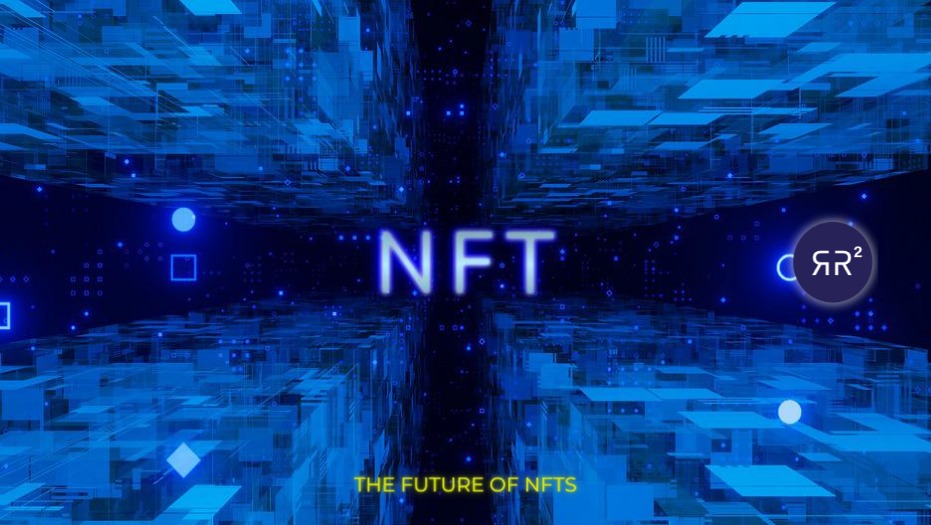Non-Fungible Tokens (NFT) have gained mainstream attention over the past few years, largely because of the popularity of NFT art. NFTs enable decentralized peer-to-peer trade and transparent transactions, eliminating the need for a middleman and enabling artists to be more creative and well-paid.
While nobody can predict the future of NFTs, based on our work within the crypto and NFT industries, we believe they have great utility and will likely be important in many aspects of our daily lives.
In this article, RR² Capital discusses the future of NFTs.
A Brief Overview of NFTs
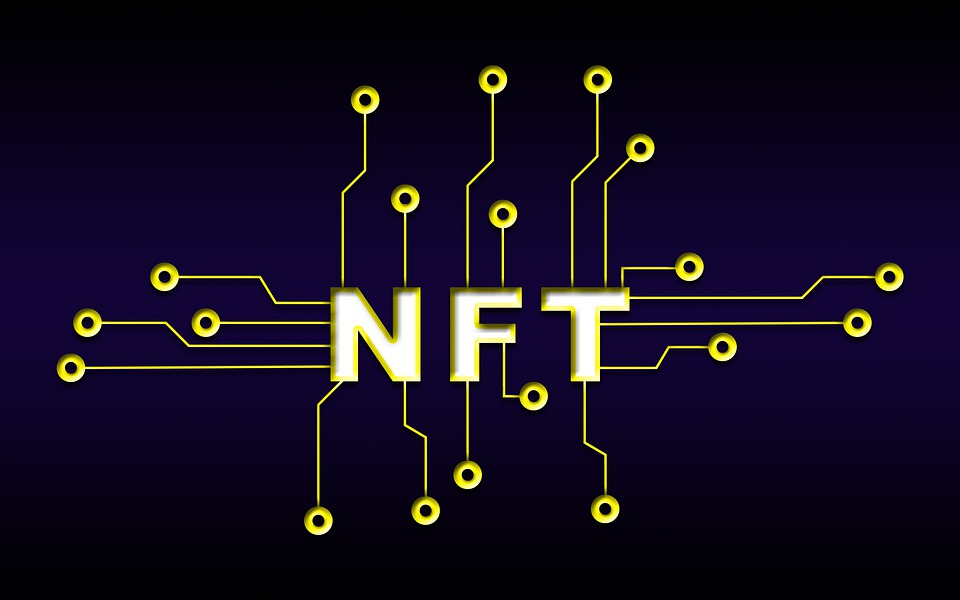
Non-Fungible Tokens or NFTs are digital assets which represent both tangible and intangible items including art, music, in-game items and other real items. NFTs exist on a blockchain, a decentralized digital ledger which is almost impossible to hack or cheat. While other blockchains do, support NFTs, the Ethereum blockchain has proven most popular.
While there are various NFT applications, the most popular to date have been with virtual art. NFTs enable creators of digital assets to limit supply. For example, if an artist mints an NFT, there will only ever be as many copies as the artist creates.
Art that is in high demand with limited or only one piece in existence has proven to drastically increase in value. One of the most expensive NFTs ever auctioned, Everydays: The First 5000 Days created by Beeple sold for $69.3 million, making it one of the most expensive NFTs ever. Some of the most popular NFT collections include, The Merge, Bored Ape Yacht Club and CryptoPunks.
The NFT marketplace is expected to grow to roughly $80 billion by 2025.
Ready, Set & Off to The Future
While we are already witnessing the immense utility of NFTs in many ways, we can only expect that NFTs will play an even greater role over the next few years. As we progress into a digitalised world, here are a few ways that NFTs will influence our lives.
Proof of Physical & Digital Ownership
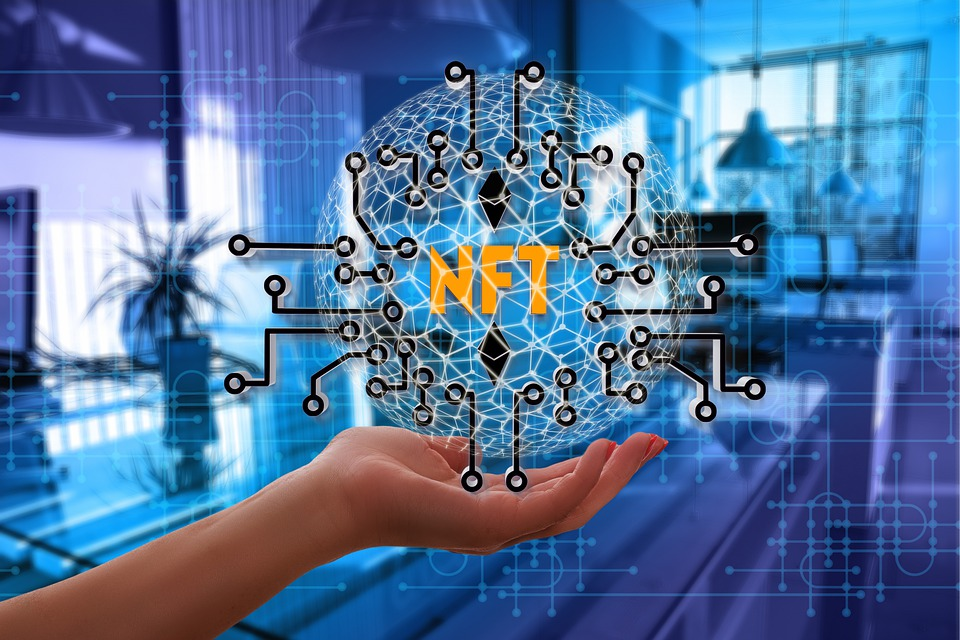
There are several applications for NFTs, in addition to representing digital items, NFTs can also represent physical items. NFTs can function as a digital representation of objects in real life. For example, imagine a time where the title deed to your house exists as an NFT. Through the use of smart contracts, instead of having to manually create and lodge a title deed every time a house is sold, these changes would all be made automatically. This would make the process incredibly secure as no one would be able to alter the NFT. Through blockchain technology and NFTs, a person would be able to see the home’s construction date, previous owners, sale price, and the date of each sale.
While the title deeds example proves the utility of NFTs, this situation could be applied to almost any environment where ownership needs to be proven. NFTs can, therefore, provide proof of ownership for both physical and digital items.
Imagine a world where you don’t have to search for a piece of paper to prove that you are the rightful owner of something. NFTs can not only serve as proof of ownership, but they can also provide a perfect record of the entire ownership history of any item.
Before NFTs, there was no way to prove ownership of digital assets. While this may seem pointless for some, ownership is important. The majority of people want to be able to prove that they are the rightful owner of something, whether that’s a house, car, piece of digital art or simply a skin in one of their favourite games.
Virtual Worlds
The Metaverse has been a hot topic as of late, many virtual worlds have started to pop up and are gaining a ton of traction. If you really think about it, how could a virtual world exist without a digital economy? Many of these virtual worlds have their own digital currencies and NFTs that enable users to buy, exchange or sell NFTs and other unique digital assets.
The Metaverse’s assets are increasingly built on NFTs as the core technology. The Sandbox, for example, is already using NFTs to represent virtual land, furniture and so much more. Many top brands and celebrities are getting involved and purchasing land in the Metaverse, including the likes of Snoop Dogg.
Gaming
NFT-based Move-To-Earn and Play-To-Earn games have gained enormous attention over the last year. Axie Infinity already has more than 2 million active daily players. Players can use in-game NFT items like avatars, skins, weapons and themes to provide game changing benefits to players. Players can then buy and sell or swap them on NFT marketplaces.
NFTs have become incredibly popular, providing utility for players. These NFTs not only give the player ownership of digital land and other in-game assets, but they are also productive assets that can be dispatched on missions to earn the player cryptocurrency.
The integration of NFTs into blockchain games will create vibrant in-game economies. There’s already a blossoming market for NFTs representing virtual world real estate, what’s next?

Digital Identities
As we move into a Web 3.0 world, there’s a growing need for a digital identity. Currently, a person’s “online identity” is characterised by their virtual address, domain name and their activity on the internet. All of this is information that is harvested and collected. You don’t have any control over your own online identity, so how can it really be yours then?
In a Web 3.0 world, there is no centralized authority that creates and manages a person’s identity. What does this mean? It means that with Web 3.0, people are now in charge of their own digital identity.
How are you going to identify yourself in the Metaverse? The answer lies in NFTs!
NFTs can be used as digital identities in the Metaverse. Just like your government issued passport is trusted by other countries, your digital identity will be your trusted passport in the Metaverse.
You could have control over your own digital identity that can be used when interacting in the Metaverse. By having control over your own digital identity, you would be able to selectively disclose personal information to who you wish to. People could also link their real-world identity to their digital identity by minting an NFT. A global business could also have a digital identity. This ensures safety and reduces fraud, especially when it comes to making transactions between both individuals and companies.
While the original idea for a digital identity threads back to a digital world and the Metaverse, a digital identity in the form of an NFT for real world use would also be ideal.
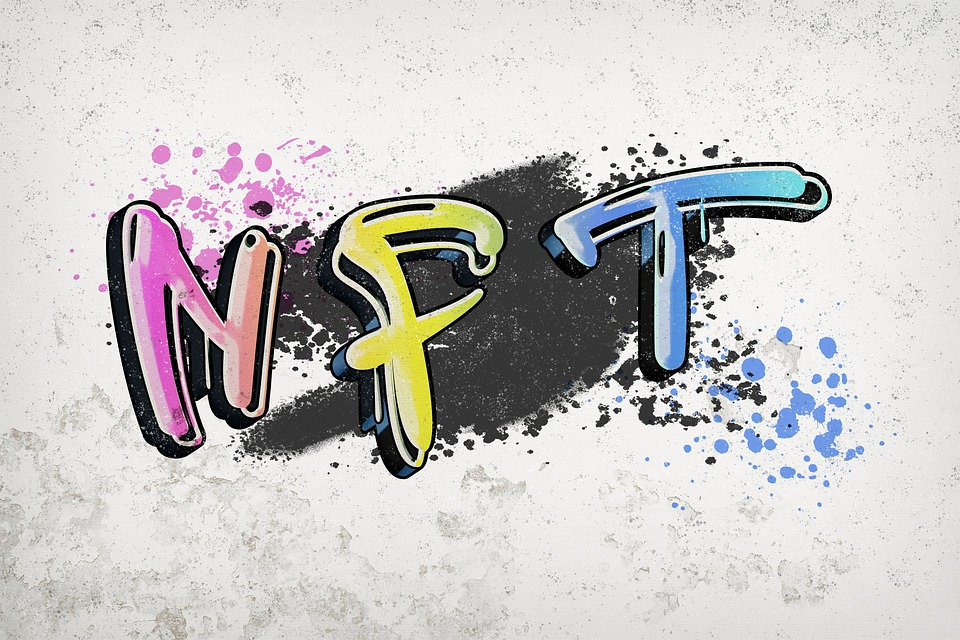
Music
The music industry as a whole needs some sort of disruption, and NFTs have the potential to do exactly that. Various artists have dabbled into the NFT market, many of whom are selling special edition albums and other digital artwork. The application of NFTs in the music industry, however, has the potential for far greater benefits for artists: Music royalties.
Traditionally, the music industry can be highly profitable for record labels. Their profitability, however, often comes at the expense of the artists. Through music NFTs, artists can finally own their own work. All data including trademarks, copyrights, etc, can all be stored on the NFT. Fans can finally support musicians directly. These music NFTs could provide royalties based on streaming songs, with the profits going directly to the NFT owner.
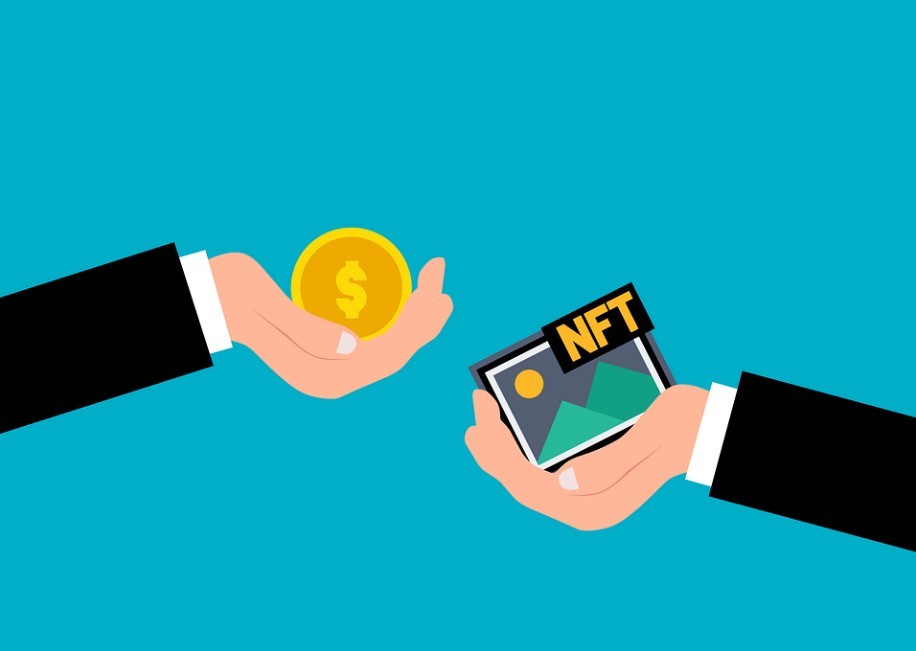
Supply Chain
Industries that require high levels of transparency like the supply chain industry can benefit greatly from NFTs and blockchain technology. Through an NFT, a supplier or customer can track their sent goods across every stage of the supply chain.
An NFT would essentially work as a tracking number. A company would theoretically mint an NFT on the blockchain which would then be used to safely and securely store all information about the product, including its origin, transport information, destination and previous owners, if applicable. Additionally, the NFT could serve as a sort of product authentication, meaning that an owner could use it to prove its authenticity for a proof of purchase.
A global business can track goods along the entire supply chain enabling them to know the exact position of their goods.
Ticket Sales
There’s nothing worse than trying to purchase tickets for your favourite artist’s event, only to find out all of the tickets have been sold out within minutes. Ticket bots are becoming a real problem. Ticket bot quickly purchase tickets from the ticket provider. Once the tickets are sold out, the tickets purchased by the ticket bot are then sold on secondary markets for much higher prices.
To combat ticket bots, organisers could mint tickets as NFTs on a blockchain. This would have benefits, including the maintenance of ticket authenticity which would result in a decrease in the number of tickets sold and traded on the black market. Furthermore, an organiser could also benefit from any reselling activities of ticket owners through a smart contract which could include a kickback and royalty function for all additional transfers.
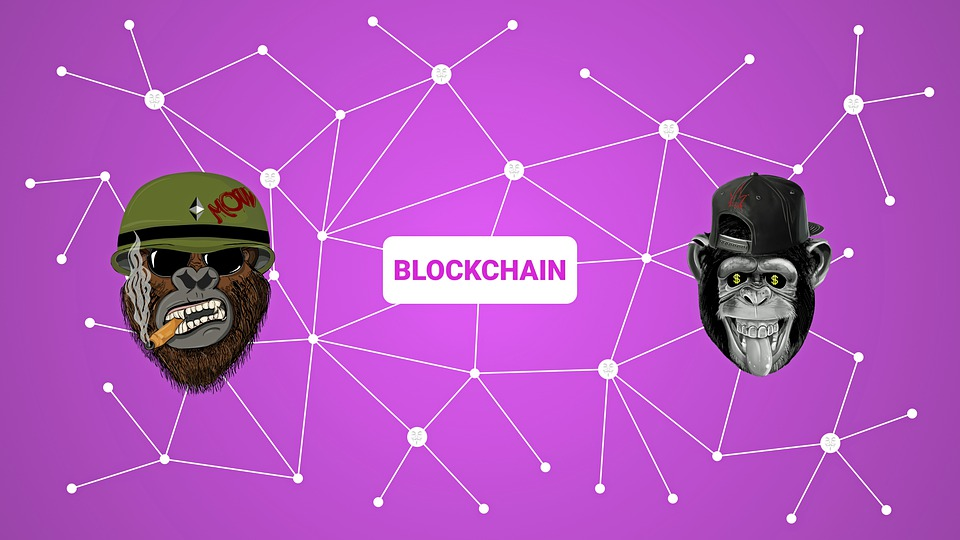
The Future is Near
Whatever the future holds for Non-Fungible Tokens, we believe it will be great. While we’re not saying that every NFT created is good or will even be valuable, we see the vision of NFTs and blockchain technology. Similar to how the internet changed our lives for the better, NFTs are set to do the same thing. We’re keeping a close eye on the NFT market, as this is just the beginning, we recommend you do the same.
At RR² Capital, we’re a pioneering Venture Capital (VC) firm empowering the ‘new internet’. To date, we’ve successfully invested in over 140 projects. Our mission is to capture value by investing in early stage projects and teams who are leading innovation and disruption within the Web 3.0 world.
For more information about RR² Capital and our expansive disruptive technology-focussed investment portfolio, visit our website here or send us a mail here.

